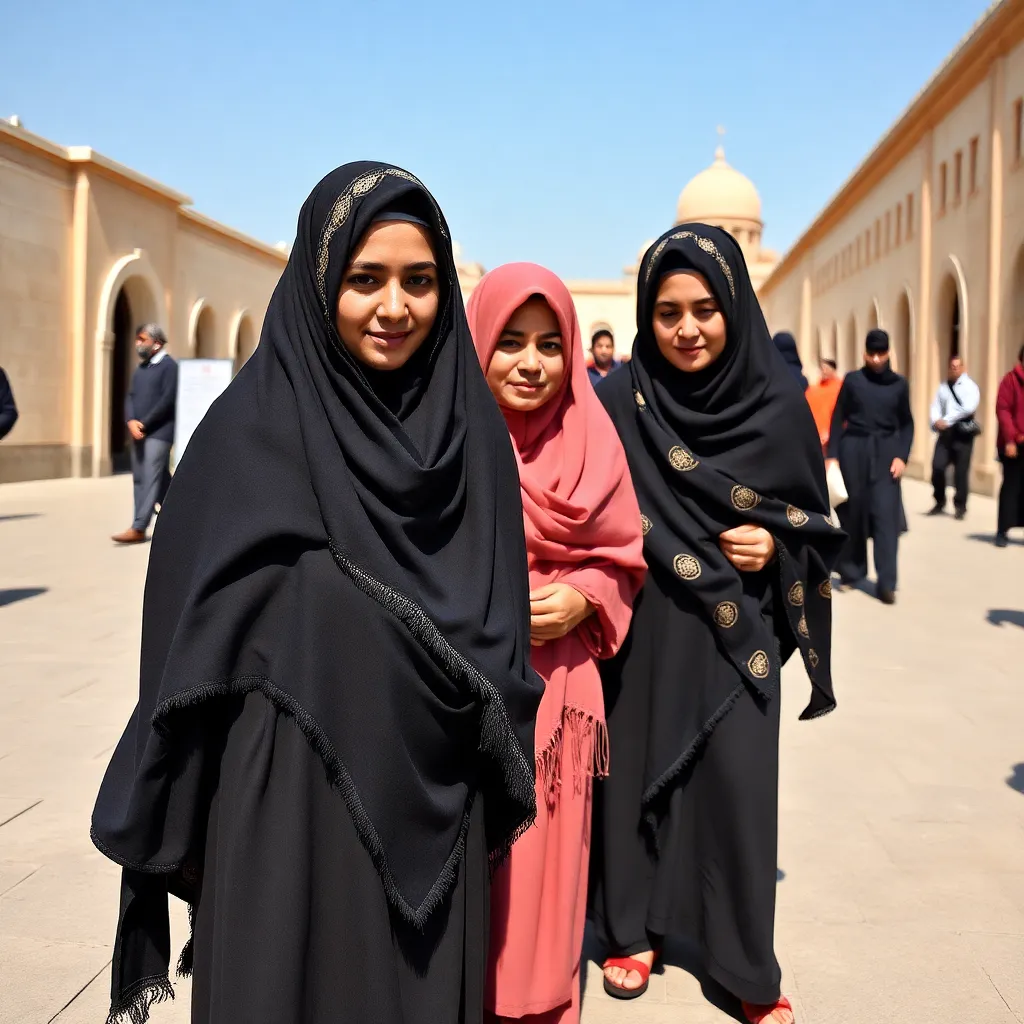
27-Nov-2024 , Updated on 11/27/2024 5:01:47 AM
Life of a Muslim Woman: A curse to the society
Islamic women all over the world suffer various challenges in their daily lives, most of which arise from culture and tradition, and that is why we can say that the life of a Muslim woman is a curse to society. Many societies depict the life of a Muslim woman through a veil of cultural imagination and misconception. Let me shed some light on the portion of the challenges they come across, such as social pressure, education systems, and their liberties.
1. Polygamy and emotional issues
Polygamy is still cultural in some Muslim-majority countries, and these practices keep women insecure and marginalised. Although allowed whenever in Islamic law, it often leads to jealousy, vying among the wives, and other negative emotional experiences provided equal and caring treatment of the wives is not upheld. For many women, the consequences lead to feelings of low self-esteem and the inability to find a personal identity.
Basic education is a right that all human beings should be accorded; however, many Muslim women do not have the opportunity to educate themselves to the best of their capabilities. Nonetheless, in some areas, their chances may be restricted either by tradition or by economic conditions. Parents may prefer educating boys over girls, afraid that a woman’s place is in a home. Besides affecting their self-development, this restrictiveness equally affects the overall socioeconomic development of large societies. This can result in a lifecycle of dependency and is also able to limit women’s opportunity to participate in society.
3. Refusal of access to religious sites
Another harsh problem is qualitative: culture in some countries does not allow women to attend the mosque. This in turn leaves them with a void in terms of spirituality and closeness to others. This in turn disorients them and makes them feel rejected. This is why people should stand up for practices that afford women the same religious freedoms as any man.
4. Dress codes and autonomy
The hijab, together with the garments that conceal the whole body, is at the same time considered an affirmation of the person's identity as well as an object of concern. However, when it comes to some conservative cultures, maybe it is not even a choice, perhaps making women feel oppressed and unable to control what they put on their bodies. The issue is that the decision must be taken voluntarily, not under pressure from someone else.
5. Signs of Misunderstanding of Religious Scriptures
One common theme is the Islamic interpretation of the principles of Islam, where women suffer the loss of rights given to them by the Quran. For instance, female readers are often told they should not read religious scriptures directly but only through intermediaries and thus are denied agency with knowledge and rendered helpless over the authority of male interpreters.
The hardships of Muslim women make them experience unfavourable emotions such as insecurity, frustration, and feeling lonely. Societal pressure is probably one of the biggest challenges in life people face due to a need to fit into a given culture. With many women complaining of lack of direction and lack of power, women, especially young ones, are overshadowed by the world around them.

Student
hey there! i am a student currently pursuing my bachelors with a keen interest in writing., I am fueled by a deep love for storytelling and a flair for creating captivating narratives. Armed with a passion for language and a keen eye for detail, I strive to craft compelling copy that leaves a lasting impact.
Join Our Newsletter
Subscribe to our newsletter to receive emails about new views posts, releases and updates.
Copyright 2010 - 2026 MindStick Software Pvt. Ltd. All Rights Reserved Privacy Policy | Terms & Conditions | Cookie Policy